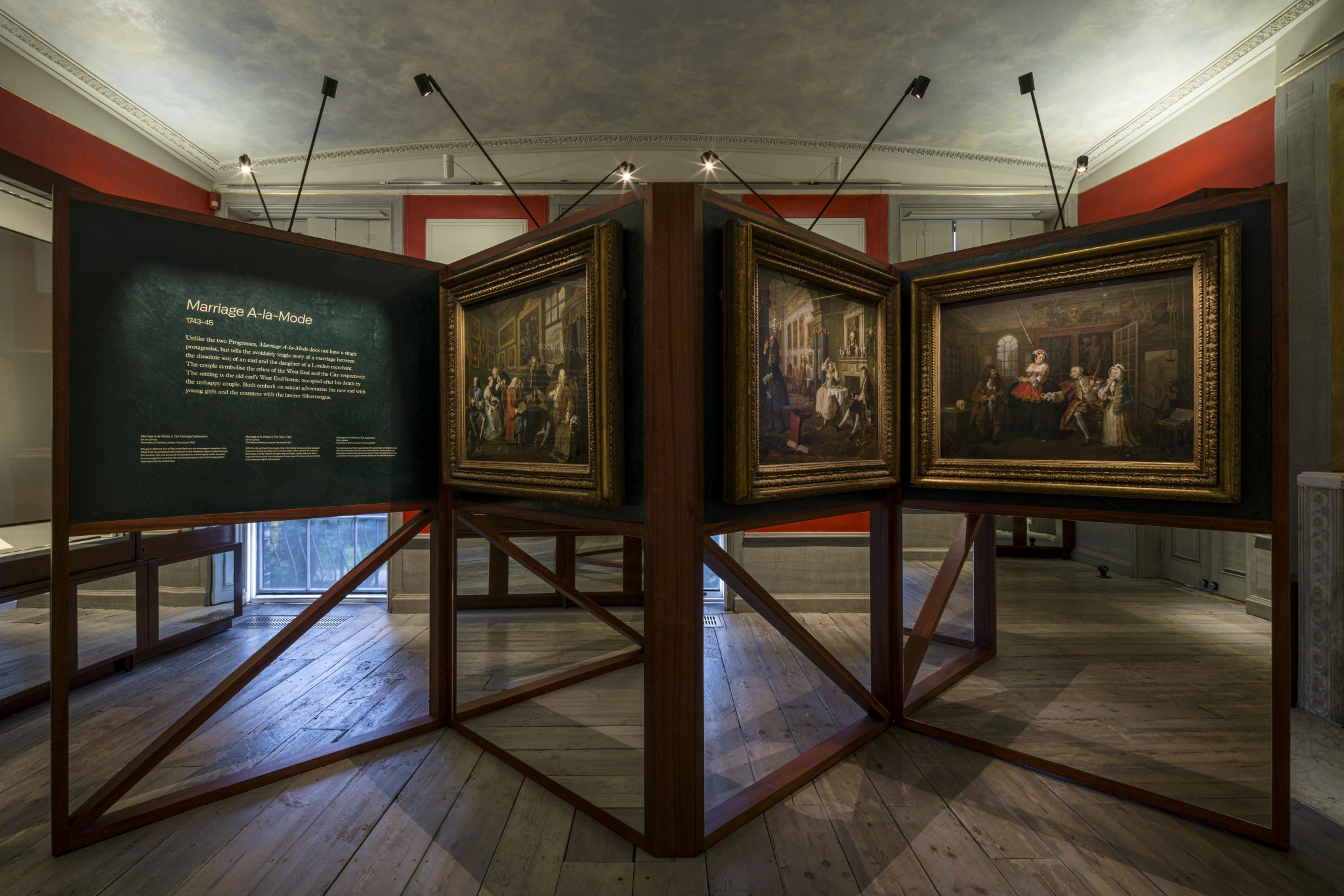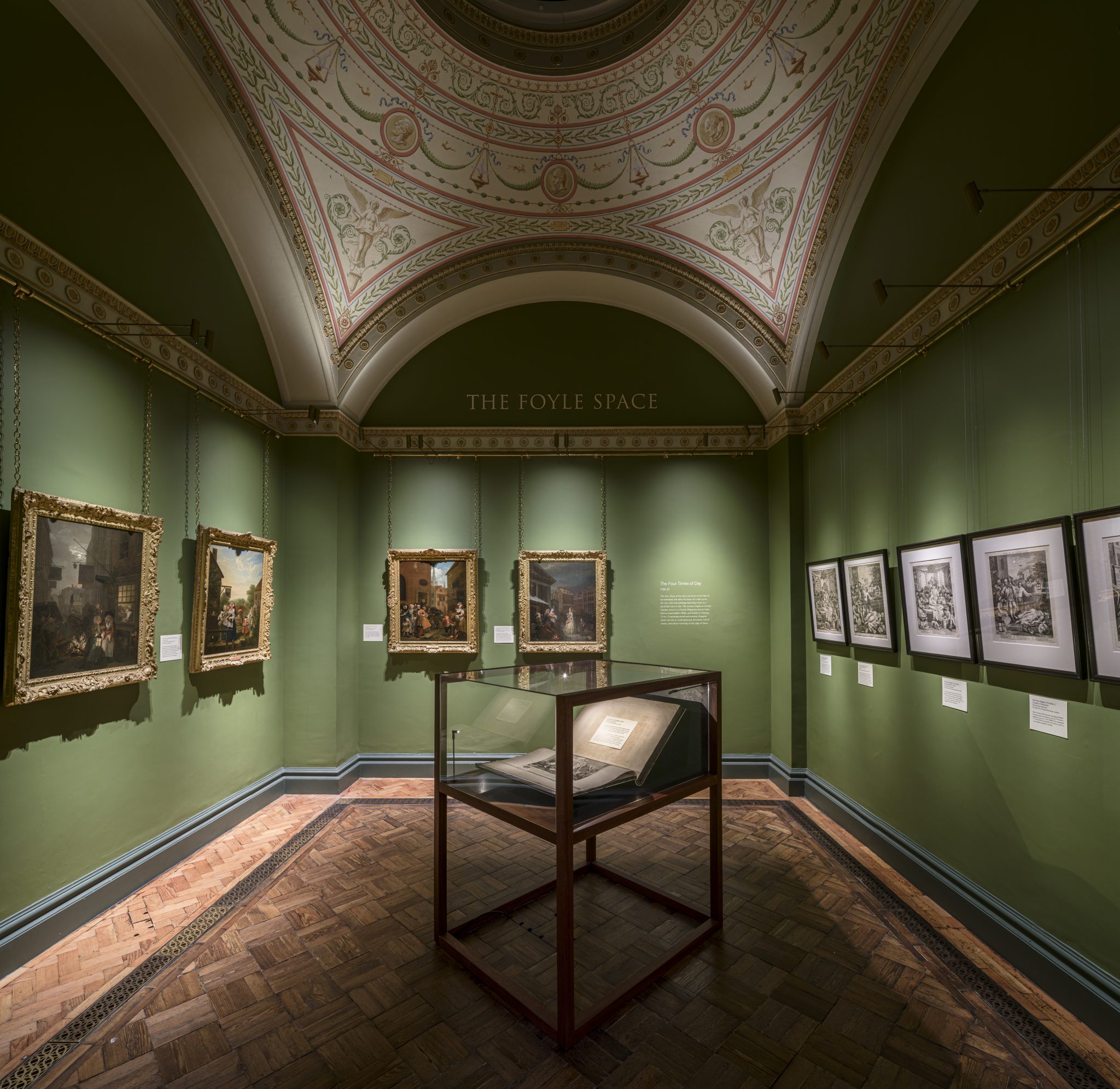A demonstration in support of trans rights will be held today in response to a meeting of self-described feminist group Woman’s Place UK (WPUK). WPUK was established in 2017 to oppose the trans rights enshrined in changes to the Gender Recognition Act, and has been widely condemned as transphobic.
Trans Action Oxford, who are organising the demo, decided not to directly protest the WPUK event, but instead hope the demonstration will show solidarity with the trans community. They said that rather than “play[ing] into their narrative of false victimhood, we are looking to re-centre trans voices, and to discuss trans issues alongside cis allies in a respectful and tolerant manner.”
A Woman’s Place UK was set up to campaign around proposed changes to the Gender Recognition Act and now describes itself as a group “united by our beliefs that women’s hard-won rights must be defended.”
However, they have been widely criticised for comments made by many of their speakers about trans rights. Trans Action Oxford said: “‘A Woman’s Place’ was set up to oppose changes to the Gender Recognition Act which would improve trans people’s lives, and has since maintained a focus on undermining trans rights.”
They added that previous speakers “have affirmed their desire to ‘drive [trans people] out of public spaces’, and characterised trans women as ‘horrible, hateful, misogynistic bastards’, ‘parasites’, and ‘rapists’. They have also described the high suicide rates amongst trans people – almost half of trans people have attempted suicide – as a ‘myth’.”
However, WPUK disputes this representation. In a statement released on their website, they said: “Our primary aim is to ensure women’s voices are heard and their rights upheld. We are not campaigning against rights for transgender people. Not only is this not our primary aim; it is not an aim of our campaign at all.”
They added: “Woman’s Place UK was set up to ensure women’s voices were heard in a consultation to change a law that would be likely to have a material impact on their existing rights. The government made it clear that it wanted to hear from the widest number of people in the consultation, in particular women.”
Furthermore, Woman’s Place UK said of the quotes listed in the Trans Action Oxford statement that “no speaker has said this at any of our meetings”, except for the description ‘horrible, hateful, misogynistic bastards’, of which they said: “This is a reference Anne Ruzylo made in her speech at our Cambridge meeting to specific trans activists (not all of them trans) in her local Labour Party who had bullied her out of her Constituency Labour Party (CLP). “
Trans Action Oxford released a statement about the demo and WPUK which has been signed by over 120 groups and individuals, including the Oxford LGBTQ+ society, numerous college LGBTQ+ reps and the SU Women’s Campaign. Several college JCRs have also voted to support the statement and the demo, including St Hilda’s and Lady Margaret Hall.
The statement notes that the actions of WPUK members “make our lives harder, more precarious, and more dangerous.”
Some students are particularly concerned about the participation of Selina Todd, a Tutorial Fellow in History at St Hilda’s College, in the WPUK panel. Todd has previously faced criticism for her views on trans rights, but has defended her views on the basis of academic freedom.
Todd has published her views on her website, where she states she believes that “being a woman rests both on certain biological facts and on the experience of living in the world as a woman, from birth, an experience that is shaped by particular kinds of oppressions.”
One student at the college, who wished to remain anonymous, emphasised their concern about how this could impact students. They said: “St Hilda’s college and the History faculty should reassess their position in continuing to hire Professor Todd.
“How can a transgender student feel comfortable with the knowledge that their college believes that academic free speech is more important than their existence? Professor Todd has continually made this argument about freedom of academic speech which is not valid.”
A member of Trans Action Oxford also criticised Todd’s role, telling Cherwell: “I think it’s clear that there’s no place in Oxford for bigotry like Selina Todd’s. Her rhetoric is obviously harmful to the lives of trans people across the country, but it’s also worth stressing the impact on any trans students she might teach.
“Studying at Oxford is hard enough without your tutors denying your right to exist, and it’s vital to students’ welfare that they don’t have to face this kind of hatred.”
They added: “We’re hoping for a respectful but communal atmosphere to recognise the importance of solidarity and the need for future work.”
Todd denied claims that she was transphobic, telling Cherwell: “The claims that I am transphobic or ‘deny’ anyone’s existence are groundless and defamatory. I am very proud to be speaking at the meeting called by A Woman’s Place UK. Woman’s Place UK is not transphobic.
“Given that sex harassment affects many female students and staff in UK higher education, and the sex pay gap within higher education is higher than the national average, I consider sex discrimination a pressing issue. The speech will be recorded and available for all to listen to on the Woman’s Place website.
“I never suggest that students should agree with my views on this or any other matter. I encourage debate and fully endorse the University’s position that ‘free speech is the lifeblood of a university.”
The member of Trans Action Oxford who spoke to Cherwell emphasised the support the demo has received from around the city: “I think one thing I wanted to note in general is just how amazing a lot of the support we’ve got from around the university and the city has been.
“It’s been really inspirational to see almost 400 people already responding to our Facebook event, and to get the signatures of so many students, fellows, residents, and organisations. We’ve already got signatures from several common rooms, campaigns, and societies and expect to get still more. The show of solidarity is amazing and really shows there’s no place in Oxford for transphobia.
“The University needs to make sure it improves welfare support for trans people and makes the process of transition easier. It’s simply unacceptable that, according to the Trans Report 2018, almost every trans person at the University has experienced issues with their mental health.”
The Trans Report also found that nearly 2/3 of students had experienced transphobia or discrimination in the University.
Woman’s Place UK described Trans Action Oxford’s open letter as “full of false claims about our campaign which we believe to be defamatory.”
“We are therefore extremely disappointed to see signatories to this letter who cannot have done any research into what we stand for. We are sorry they have been so misled. We have not pushed trans voices to the edges. In fact, we have had trans speakers on our panels, and many other trans people have attended our meetings and spoken from the floor.
“We are pleased that Trans Action Oxford accept our right to hold public meetings free from intimidation and harassment and are holding their protest elsewhere. Sadly, this has not been our general experience.”
A spokesperson for the University said: “‘Oxford University prioritises protecting academic freedom and robust expression of opinion and debate, while not tolerating any form of unlawful discrimination, harassment or victimisation.
“We equally aim to create an inclusive trans-friendly culture, workplace and learning environment, free from discrimination, harassment or victimisation, where trans staff and students are treated with dignity and respect.”
A spokesperson for St Hilda’s college said: “St Hilda’s College cannot comment on individual college members. St Hilda’s College takes seriously the duty to protect and promote freedom of expression within the law. St Hilda’s is totally committed to the welfare and support of all its academics, staff and students. We aim to create an inclusive culture, workplace and learning environment, free from discrimination, harassment or victimisation, where all people are treated with dignity and respect. We aim to make all members of the College feel welcome, safe, valued and supported so that they can achieve their potential and contribute as a member of the St Hilda’s community.”
This article has been updated from the version which appeared in print to include the response of A Woman’s Place UK.







